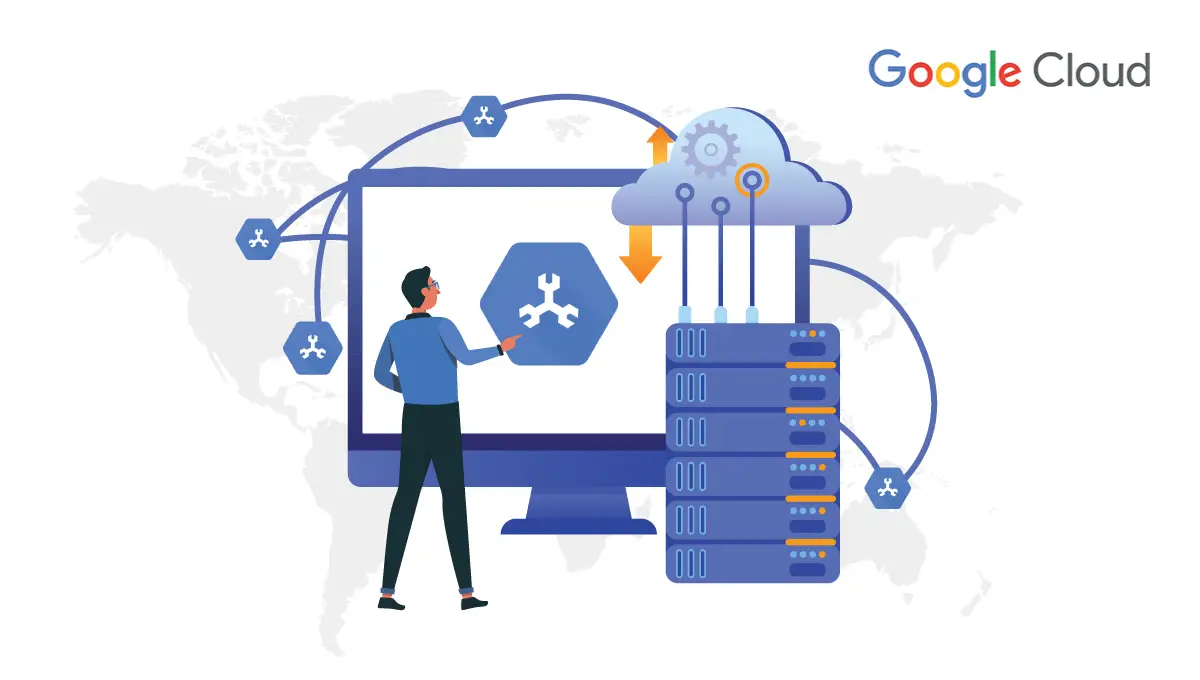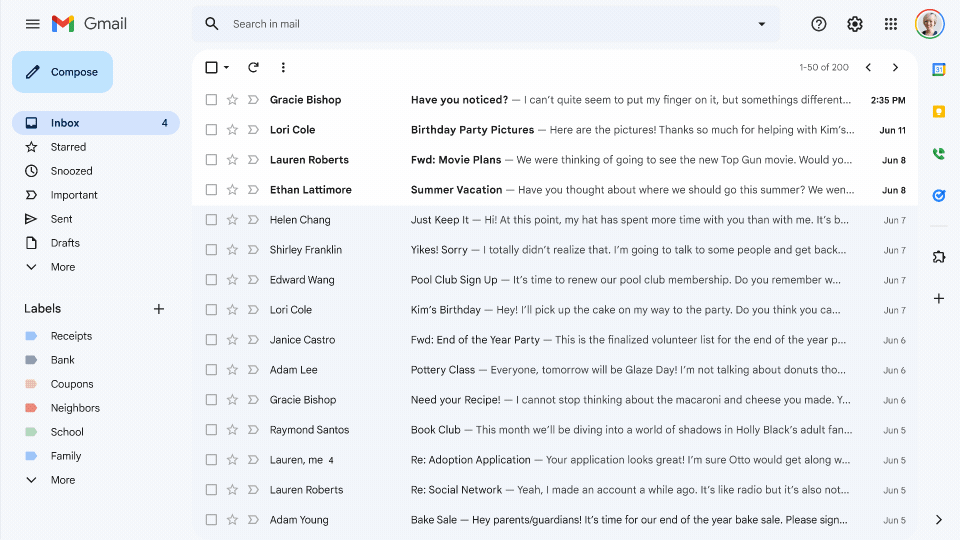Google Cloud Platform, offered by Google, is a suite of cloud computing services that runs on the same infrastructure that Google uses internally for its end-user products, such as Google Search, Gmail, and Google Drive.
Google Cloud Spanner is a distributed Relational Database management service that basically runs on Google Cloud. It is designed to support global online processing databases. SQL semantics, highly available horizontal scaling and transactional consistency for the mission-critical transaction. Google Cloud Spanner focuses on the cloud database's ability to provide both availability and consistency.

Google Cloud Spanner comes up with promising features unheard-of in the space of relational databases, such as horizontal scalability virtually unlimited and service-level agreement (SLA) of 99.999% with no planned Down Time along with Enterprise-Grade Security.
Google Cloud Spanner is based on three Infrastructure components:
Networking
Storage
Nodes
Google Cloud Spanner pricing for nodes is set on an hourly basis, which is based on the maximum number of nodes used within any given hour for a project. Pricing for Google Cloud Spanner storage is set on a per-month basis, which is based on the average amount of data in secondary indexes and Cloud Spanner tables during that month. Cloud Spanner pricing for network bandwidth is set on a per-month basis, which is based on the amount used during that month.
Features of Google Cloud Spanner
Synchronous replication and maintenance are automatic and built-in. It provides ease of deployment at every scale and stage.
JDBC driver is used for connectivity with popular third-party tools. Client libraries are in Java, Node.js, PHP, Python, C#, Go, and Ruby.
Purpose-built for external, strong, global transactional consistency.
The data is highly available for use at any time from anywhere.
It is horizontally scalable across regions, rows, and continents from one to hundreds or thousands of nodes.
It provides everything expected from relational databases such as Relational Database Schemas, Acid Transactions and SQL Queries
Facts to Consider when deciding to move to Spanner:
Spanner is not ANSI SQL compatible
It doesn’t provide full RDBMS functionalities
It has its own set of APIs not compatible with existing DB APIs
which implies, once you port your code to Spanner, you cannot go back to MySQL or similar databases, without rewriting a major part of it.



